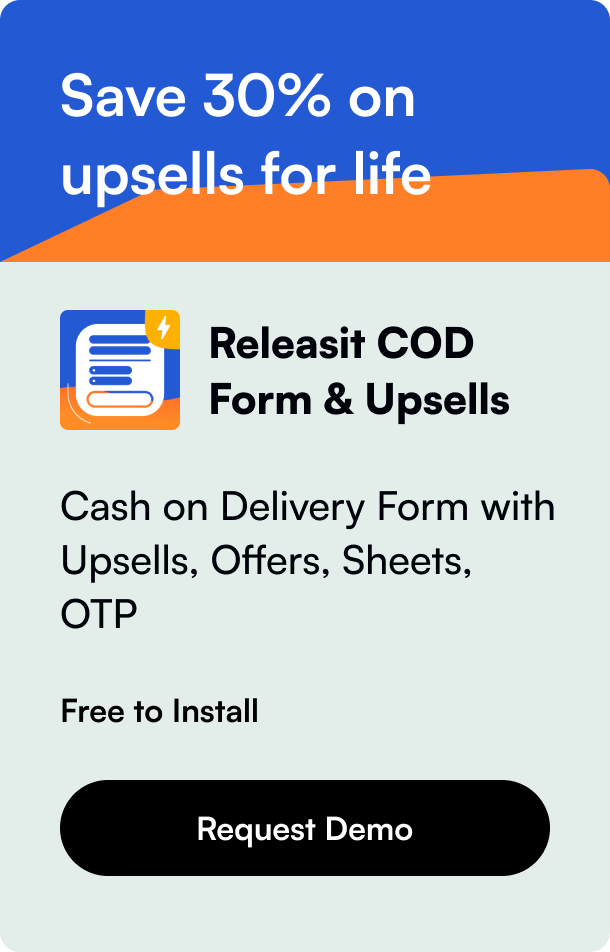Table of Contents
- Introduction
- The Synergy between E-commerce and Accounting
- Benefits of the QuickBooks Shopify Integration
- Implementing the Integration
- Conclusion
Introduction
Are you a Shopify store owner grappling with accounting complexities? Do you find it challenging to keep track of your finances amidst the bustle of e-commerce transactions? Introducing QuickBooks Shopify integration, an efficient solution to harmonize your online store with financial management, potentially adding a new layer of efficiency to your business operations. This innovative system promises to simplify your e-commerce venture. So, what is it about QuickBooks and Shopify that, when combined, can revolutionize your business management? Let's dive into the keystone benefits and features that grant this merger its strength and appeal.
The Synergy between E-commerce and Accounting
E-commerce is an ever-evolving industry that relies heavily on real-time transaction processing and financial tracking. QuickBooks, an established leader in the accounting software market, offers comprehensive tools for financial analysis, reporting, and bookkeeping. The union of the e-commerce flexibility of Shopify with the robust accounting platform of QuickBooks creates a synergy that facilitates the seamless transition of data, optimizing operations and financial insight.
Benefits of the QuickBooks Shopify Integration
Implementing QuickBooks Shopify integration leads to several tangible benefits, elevating the precision and effectivity of e-commerce businesses:
Real-time Data Sync
With the integration, sales data syncs in real time from Shopify into QuickBooks, allowing immediate, accurate visibility into your revenue streams. This transparent relay of information ensures that inventory, orders, and financial metrics stay up-to-date, enhancing strategic business decisions.
Improved Financial Accuracy
The automatic data transfer negates the need for manual input, significantly reducing errors. Transactions, including payouts, sales, refunds, and fees, are organized within QuickBooks, offering a clear and accurate financial overview.
Enhanced Tax Compliance
QuickBooks' tax managing capabilities integrated with Shopify's platform simplifies the complexity of e-commerce sales tax computations. This integration stays current with tax laws, ensuring that your business diligently meets tax obligations.
Efficient Inventory Management
The ability of QuickBooks to manage and update inventory information resolves the common disparity between physical stock and e-commerce representations. Consequently, this soldered link keeps QuickBooks, and the Shopify store, harmonized, minimizing overselling and stockouts.
Streamlined Payment and Invoicing
QuickBooks' reputable invoicing and payment managing features amalgamated with Shopify guarantee efficient and professional transaction processing. Together, they provide an enhanced customer checkout experience and pave the way for improved cash flow management.
Comprehensive Reporting Tools
Harnessing the strength of QuickBooks reporting with Shopify's e-commerce insights equips business owners with a detailed understanding of their financial stance. This enriched data paves the way for informed business actions and elevates planning and forecasting accuracy.
Implementing the Integration
Implementing this integration requires careful setup on both platforms to achieve perfect harmony:
- Initial Setup: Proper mapping of accounts and tax settings preceding initiation ensures a smooth data flow.
- Real-time Monitoring: Attentive monitoring of the integrative system post-setup confirms that the data syncing is flawless.
- Routine Reconciliation: Regular reconciliation validates that transaction records in Shopify square with entries in QuickBooks.
- Ongoing Support: Lastly, responsive support is necessary to address any resultant issues, promising smooth operation continuity.
Conclusion
Merging Shopify's e-commerce prowess with QuickBooks' accounting acumen results in a powerhouse for business management—a requisite for any scaling business. As we transition deeper into digital dependence, this integration stands assertively as a gateway to streamlined, intuitive, and efficient operational governance.
FAQ Section:
- How does QuickBooks Shopify integration improve inventory management? The integration automatically updates inventory levels in QuickBooks based on Shopify sales, helping to keep stock levels accurate.
-
Can QuickBooks Shopify integration handle multiple tax rates for different jurisdictions? Yes, the integrated system can manage varying tax rates for different regions, simplifying the sales tax calculation process.
-
Does the integration support multi-currency transactions? QuickBooks supports multiple currencies, allowing you to track and manage international sales through Shopify in different currencies.
-
Is QuickBooks Shopify integration suitable for all business sizes? Yes, regardless of business size, the integration offers scalability and adapts to various business requirements.
-
Can I back-sync historical data from Shopify to QuickBooks? Generally, QuickBooks Shopify integration allows for the import of historical data for a seamless transition from standalone platforms to an integrated system.
Built to inform, thanks to programmatic SEO.








